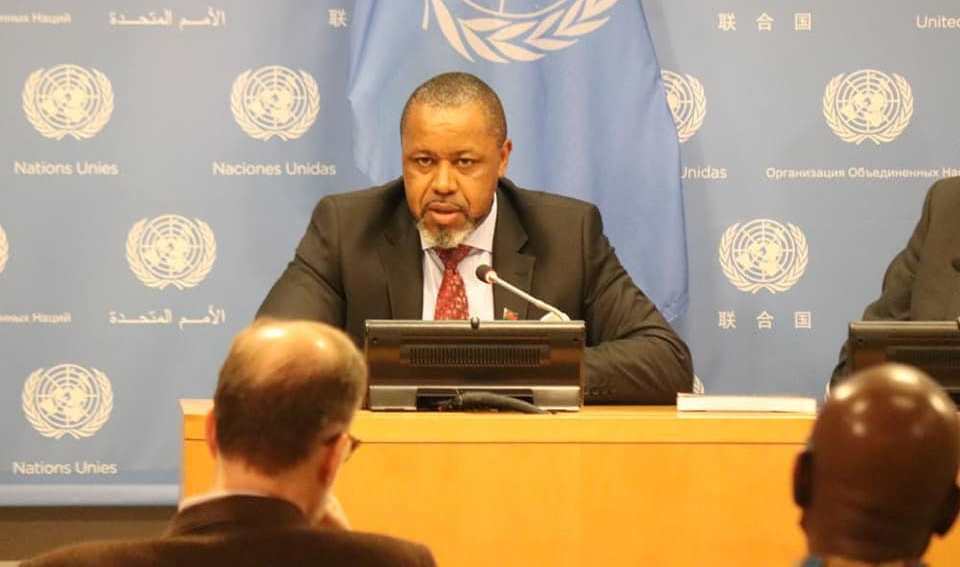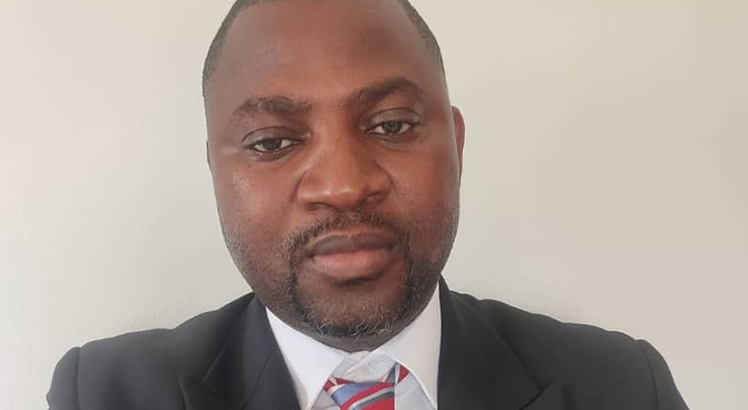Reforms report exposes abuse
The Presidential Task Force on Public Service Systems Review has recommended radical changes in the public sector to curb endemic abuse of allowances, procurement and employment contracts.
For two years, President Lazarus Chakwera had kept under wraps the 292-page report, which went viral on Monday evening, after the task force headed by Vice-President Saulos Chilima submitted the same.
When contacted yesterday, Office of the Vice-President director of communications Pilirani Phiri said he was under oath, as such, could not discuss the contents of the report as well as its authenticity.
“I can’t discuss the contents of the report whether it is real or fake. In fact, I have never seen the document myself,” he said.
The report highlights that money lost through abuse of allowances is estimated in billions of kwacha which could advance many development projects and create fiscal space for improved salaries and better conditions of service across the public service.

Further, the report recommends abolition of sitting allowances for members of Parliament (MPs) and Parliament staff for allegedly getting double allowances, introduction of full-board for civil servants and removal of risk allowances for health workers.
Reads the report in part: “Allowances, both remunerative and work-facilitating totalled K79 billion in the 2019/20 financial year [FY] [representing eight percent] of the revised ORT [other recurrent transactions] budget and 17 percent of the revised public expenditure [PE] budget] and K77 billion in the 2020/21 FY [representing 15 percent of approved ORT budget, 7 percent of the approved PE budget].
“Subsistence allowances for internal travel comprised K27.4 billion in the 2019/20 FY approved and what was actually used was K6.3 billion more. In 2020/21 FY, K32.3 billion was approved by Parliament as subsistence allowance in the budget.”
Between 2010 and 2019, nine ministries, departments and agencies (MDAs) had unresolved queries from the National Audit office, including K7.08 billion in illegal allowances, and K351 million where documents could not be found to support travel, according to the report.
The report observes that most of the allowances are accumulated through illegal payments, attendance of multiple workshops and allegedly using allowances to gain favours while victimising others.
According to the report, the overall bill of sitting allowance for MPs is around K598.3 million per annum, but the lawmakers are elected and paid to sit and conduct parliamentary business.
Reads the report: “Therefore, paying sitting allowances for them to fulfil these responsibilities amounts to double payment, because they receive a salary. Furthermore, these allowances are paid in advance and not recovered when MPs are absent.
“The task force estimated that on average, a Member of Parliament gets more than K2 750 000 per month in remunerative allowances and over K4 400 000 for the Speaker not including salaries.”
It also recommends removal of sitting allowances per meeting for board members and proposes annual honoraria. It also suggests abolition of transport and travel allowances for ex-officio members when using government vehicles and fuel.
The task force also recommends abolition of payment of school fees for children of members of executive management in parastatals, projecting that this could help government save K5.89 billion yearly.

Reacting to the report, accountability expert Willy Kambwandira said the country wastes billions of taxpayer’s money in allowances, and there is abuse even by the same people who are supposed to provide oversight.
He said: “The culture of allowances has set wrong incentives as one way of supplementing individual salaries. The MPs allowances are largely informed by acts of greed rather than concerns for ordinary Malawians who are struggling with high cost of living.
“We must end the culture of padding basic salaries with dozens of hidden and duplicated allowances.”
In a separate interview, Youth and Society executive director Charles Kajoloweka said the secrecy of the report has made the public reform agenda opaque and mysterious.
“In the absence of the report, it became extremely difficult to hold the government to account on the reforms. The reforms report has a huge potential of revolutionising the country’s public sector.”
In June last year, during the launch of the 2023-25 National Action Plan for Open Government Partnership, the President said the report is not for public consumption, but a reference for his administration.
Said the President: “The reforms report that I ordered and that was submitted to me by the Honourable Vice-President was not a document for public entertainment or public debates that produce nothing, but noise.
“It was a reference document for me as President to use in my own direct engagement with public institutions,”
He was apparently directly responding to The Nation story published on May 29 2023 questioning his silence on the report. The President said his administration was already implementing recommendations of the report.
In an October 10 2022 pastoral statement, ECM, a forum of Catholic bishops in the country, also asked the President to ensure that the public sector systems review task force report is made public and acted upon without further delay.
Besides Chilima, the task force also comprised professors Ronald Mangani and Nyovani Madise, Dr Aubrey Mvula, Dr Henry Chingaipe, Dr Steven Matenje, Waki Mushani, John Suzi-Banda, the Reverend Elsie Tembo, Tione Chilambe, Zunzo Mitole, Nwazi Mnthambala and Jane Kambalame.





